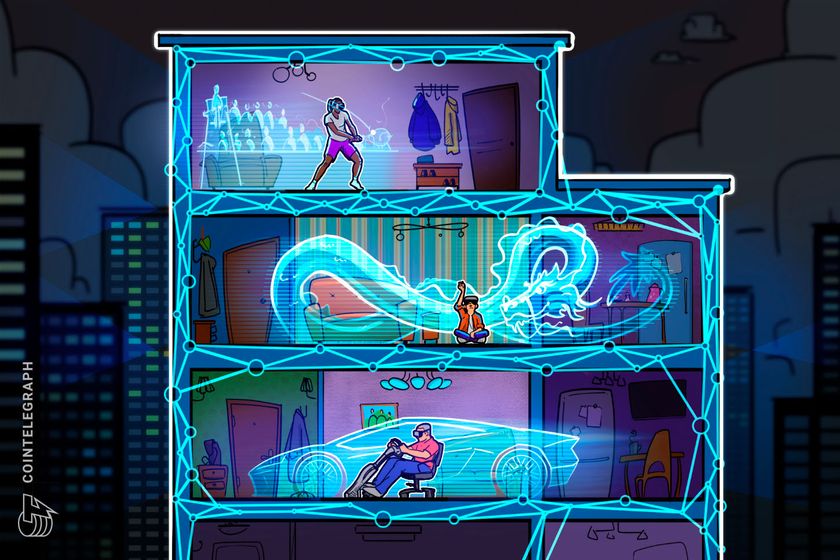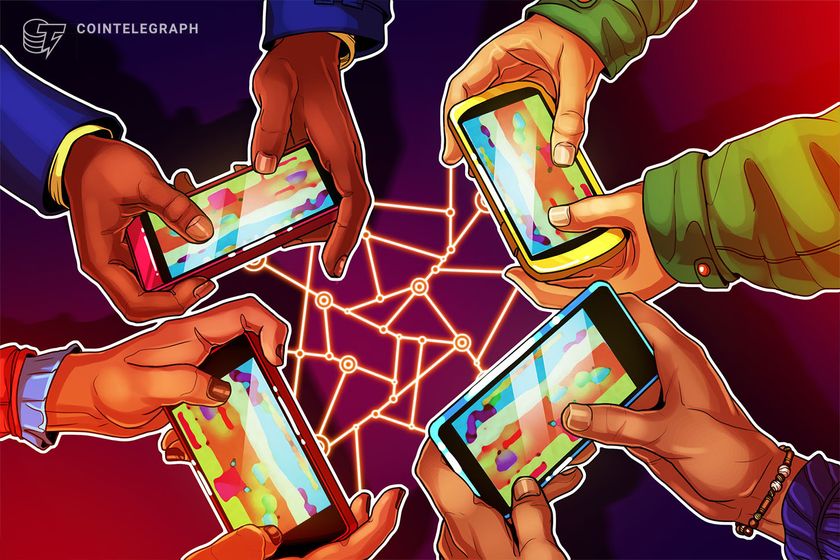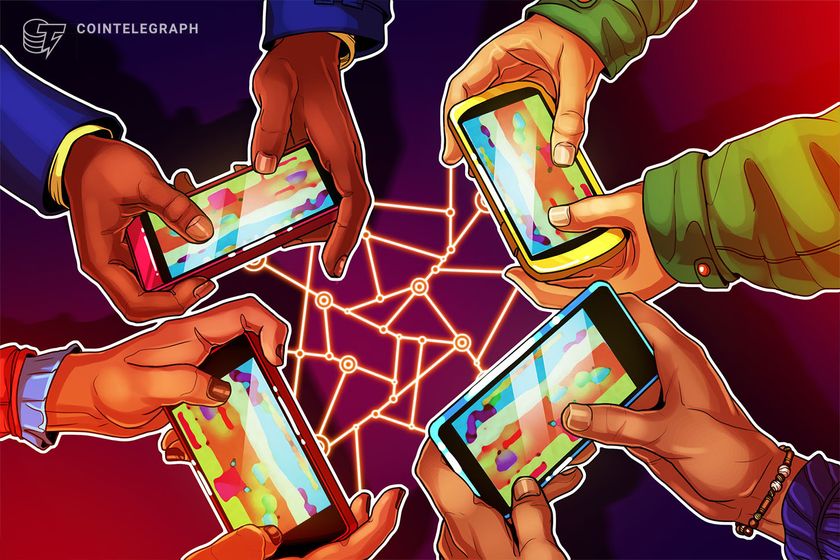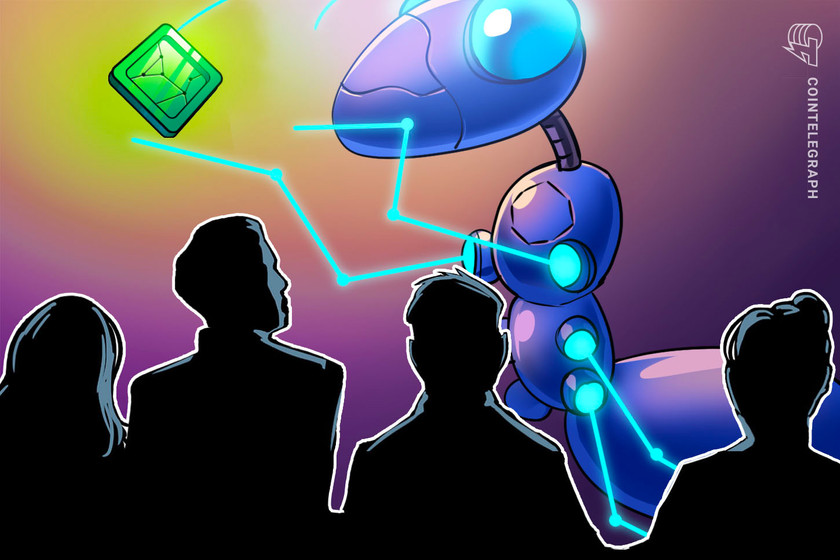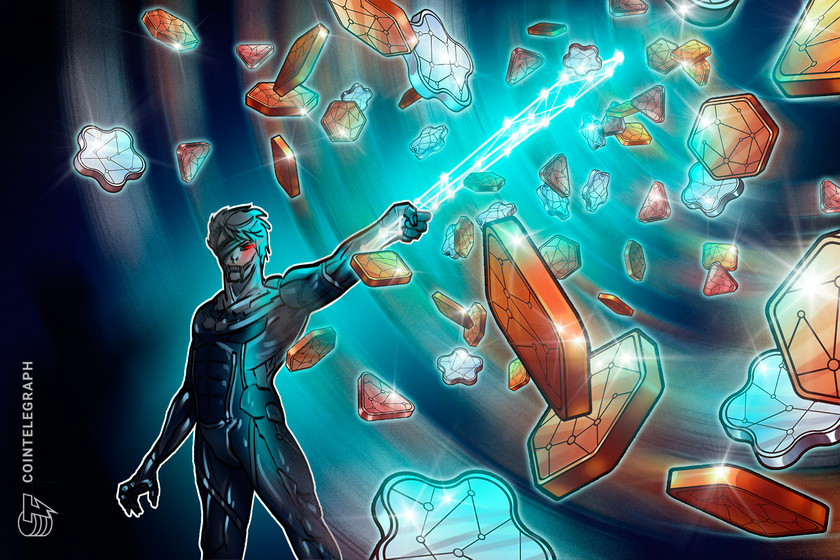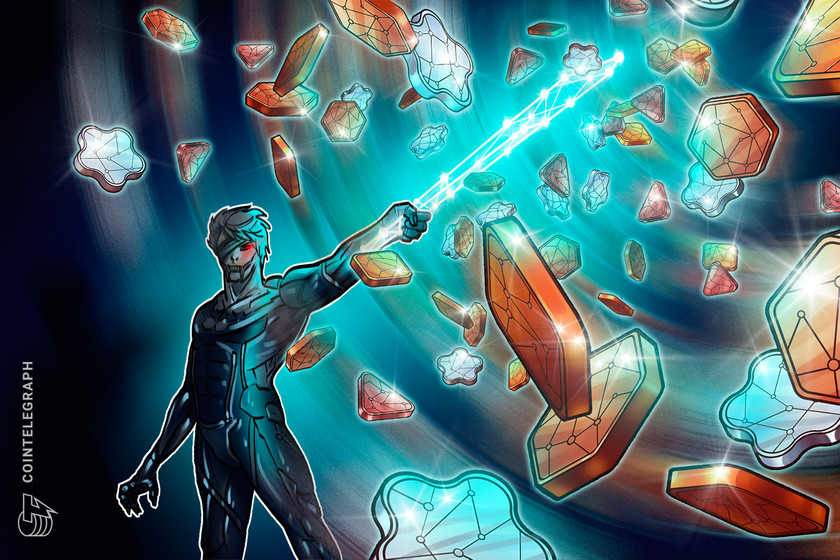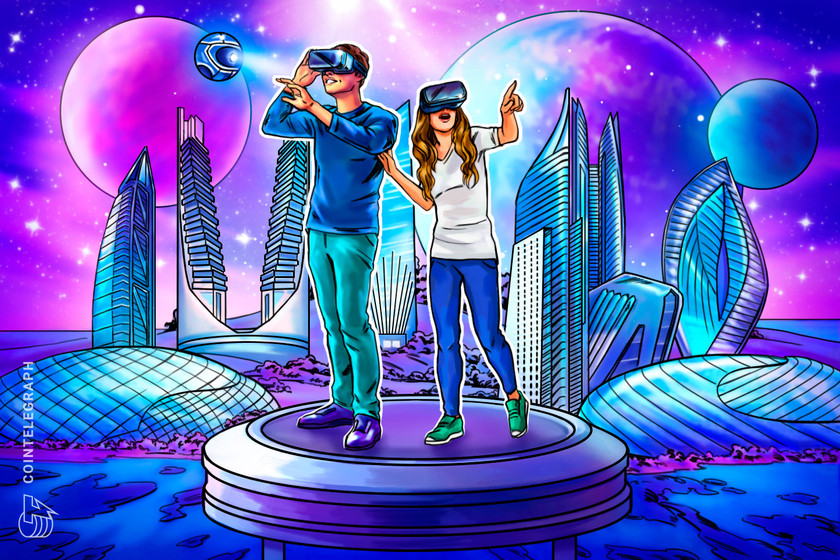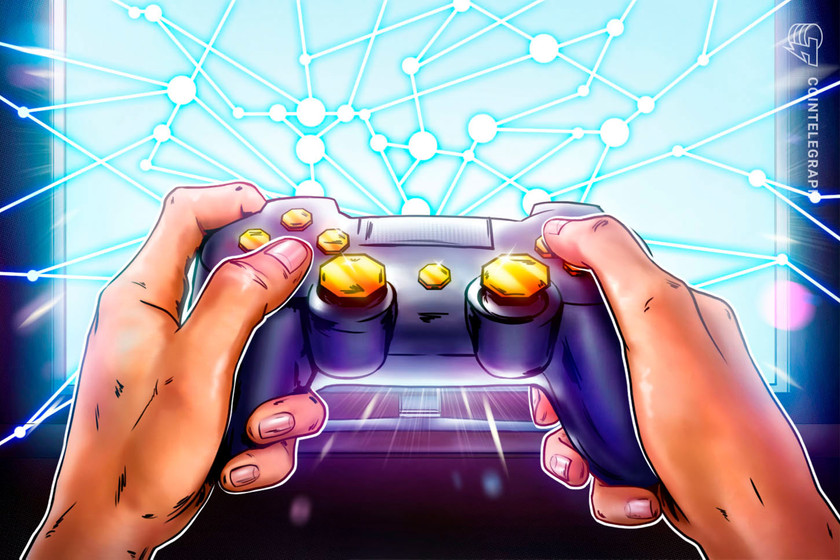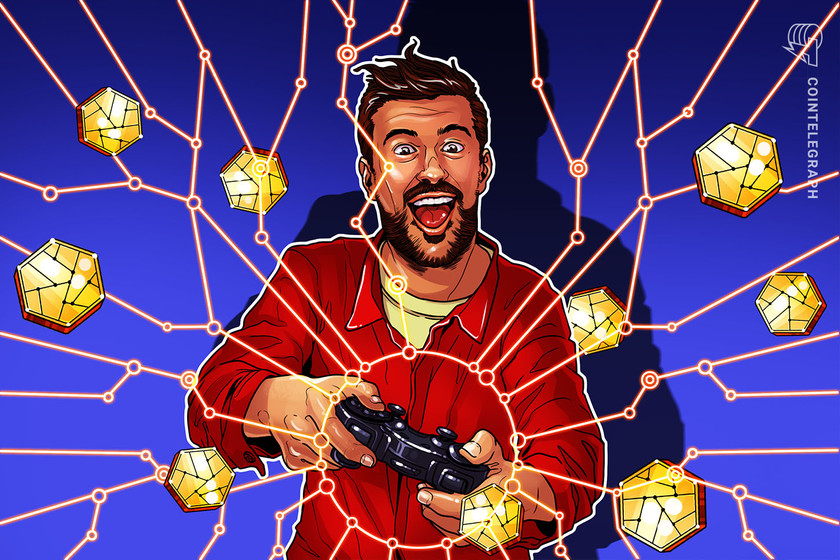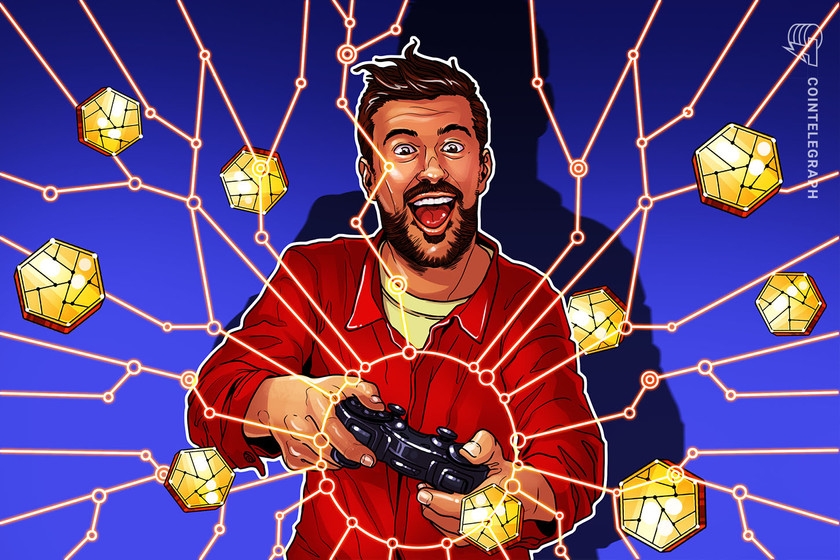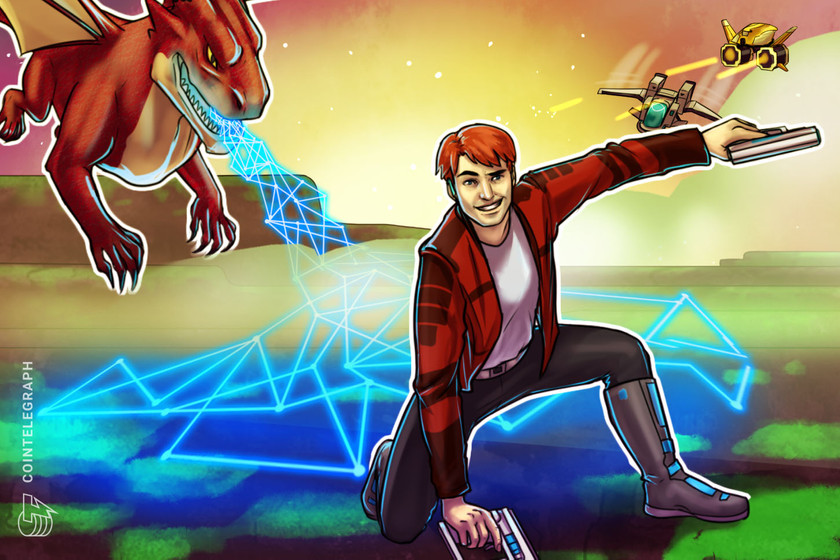‘Tens of millions’ to enter Web3 through gaming in 2024 — GameFi execs


Gaming studio founders Yat Siu and Johnson Yeh think more people are coming to Web3 next year — and blockchain games are why.
Crypto market hype and the “commercial release” of several highly anticipated blockchain games will likely onboard “tens of millions” gamers to Web3 in 2024, according to Web3 gaming execs.
“2024 is a growth year in terms of bringing people on to Web3,” said Yat Siu, co-founder of gaming and venture firm Animoca Brands, in an interview with Cointelegraph.
In the last three months, around 1 million — or more — unique active wallets have played Web3 games daily, according to DappRadar data. However, Siu believes there could be up to 100 million more next year.

